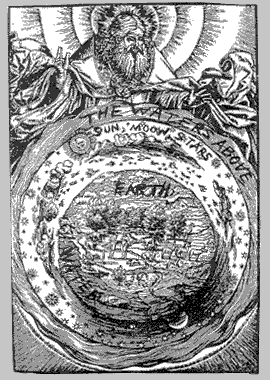Originally posted by rogue06
View Post
That's the part I'm not sure of. I used to have several books which were stored in the basement over at a friend's house who died a couple years ago. When I finally got a chance to retrieve them then had been ruined by flooding when they were moved to a less safe place by his widow. 


The last time I actually referenced them directly was with a "debate" with a rather unstable character who posted for awhile before the crash under the name of "becca." I got the quote at that time. And yes Aquinas does, IIRC, quote that line in his "Summa Theologica" (becca actually called it an atheistic source  ).
).
 ).
).
I definitely remember the first quote from my research from a few years back. IIRC, he asked whether "the firmament that is called heaven" was different from the firmament that God created on the second day which at least suggests that he thought there was different firmaments. #@&%#$ 2013 crash of Tweb.
It definitely seems that Basil thought that the firmament was in some way a real -- physical -- thing rather than metaphorical.


 To this day he still doesn't understand why I won't loan him anything any more.
To this day he still doesn't understand why I won't loan him anything any more. 









Comment